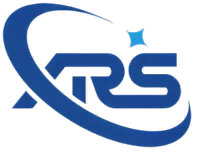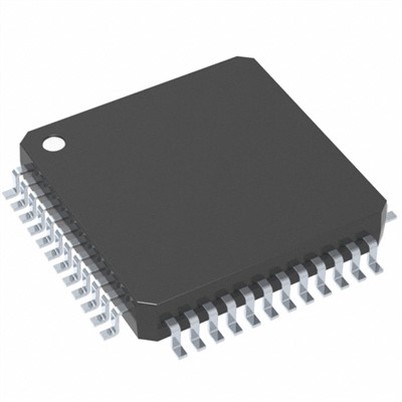Are there any low - power Volume Control ICs available?
Leave a message
Hey there! As a supplier of Volume Control ICs, I often get asked, "Are there any low - power Volume Control ICs available?" Well, the short answer is yes, and in this blog, I'm gonna dive deep into this topic.
First off, let's understand why low - power volume control ICs are so important. In today's world, energy efficiency is a big deal. Whether it's in portable audio devices like smartphones, tablets, or earbuds, or in larger systems where power consumption needs to be kept in check, low - power ICs can make a huge difference. They can extend battery life, reduce heat generation, and even cut down on overall system costs.
Now, let's talk about some of the low - power volume control ICs that are out there. There are several types of technologies used in these ICs, and each has its own set of advantages.
One popular option is the digital volume control ICs. These ICs use digital signals to adjust the volume. They're great because they offer high precision and can be easily controlled by a microcontroller. You can program them to have different volume curves, which is super useful for customizing the audio experience. For example, in a home audio system, you might want a different volume adjustment pattern for music than for movies.
Another type is the analog volume control ICs. These work by directly adjusting the analog audio signal. They're often simpler in design and can provide a more natural sound quality. They're also generally more cost - effective, which makes them a good choice for budget - friendly audio products.
Let's take a look at some specific low - power volume control ICs. One that I often recommend is the IC Line Driver. This IC is known for its low power consumption and excellent signal quality. It can be used in a variety of audio applications, from small portable speakers to larger audio systems. It has a wide input voltage range, which means it can work with different power sources.


Then there's the LM324DR. This is a very versatile IC. It's a quad operational amplifier that can be used for volume control as well as other audio processing tasks. It operates on a low supply voltage, which makes it energy - efficient. It also has a high gain bandwidth product, which means it can handle high - frequency audio signals without much distortion.
The LM3886TF is another great option. It's a high - performance audio power amplifier that can also be used for volume control. It has a low quiescent current, which means it doesn't draw much power when it's not actively amplifying the audio signal. It can deliver high - quality audio with low distortion, making it suitable for high - end audio systems.
When choosing a low - power volume control IC, there are a few things you need to consider. First, the power consumption. You want to make sure that the IC uses as little power as possible, especially if it's going to be used in a battery - powered device. Second, the audio quality. The IC should be able to provide clear, distortion - free audio. Third, the compatibility. It should be able to work with the other components in your audio system, such as the amplifier, speakers, and microcontroller.
If you're in the process of designing an audio product, I'd be more than happy to help you choose the right low - power volume control IC. I've got a lot of experience in this field, and I can offer you some valuable advice based on your specific requirements. Whether you're building a small portable speaker or a large home theater system, I can find the perfect IC for you.
And if you're already in the market for volume control ICs, we've got a wide range of products to choose from. Our ICs are of high quality, and we offer competitive prices. We also provide excellent customer service, so you can be sure that you'll get the support you need throughout the purchasing process.
So, if you're interested in learning more about our low - power volume control ICs or if you want to start a procurement discussion, just reach out to us. We're here to make your audio product development process as smooth as possible.
References
- Audio Engineering Society Handbook
- Electronic Components and Technology Conference Proceedings






